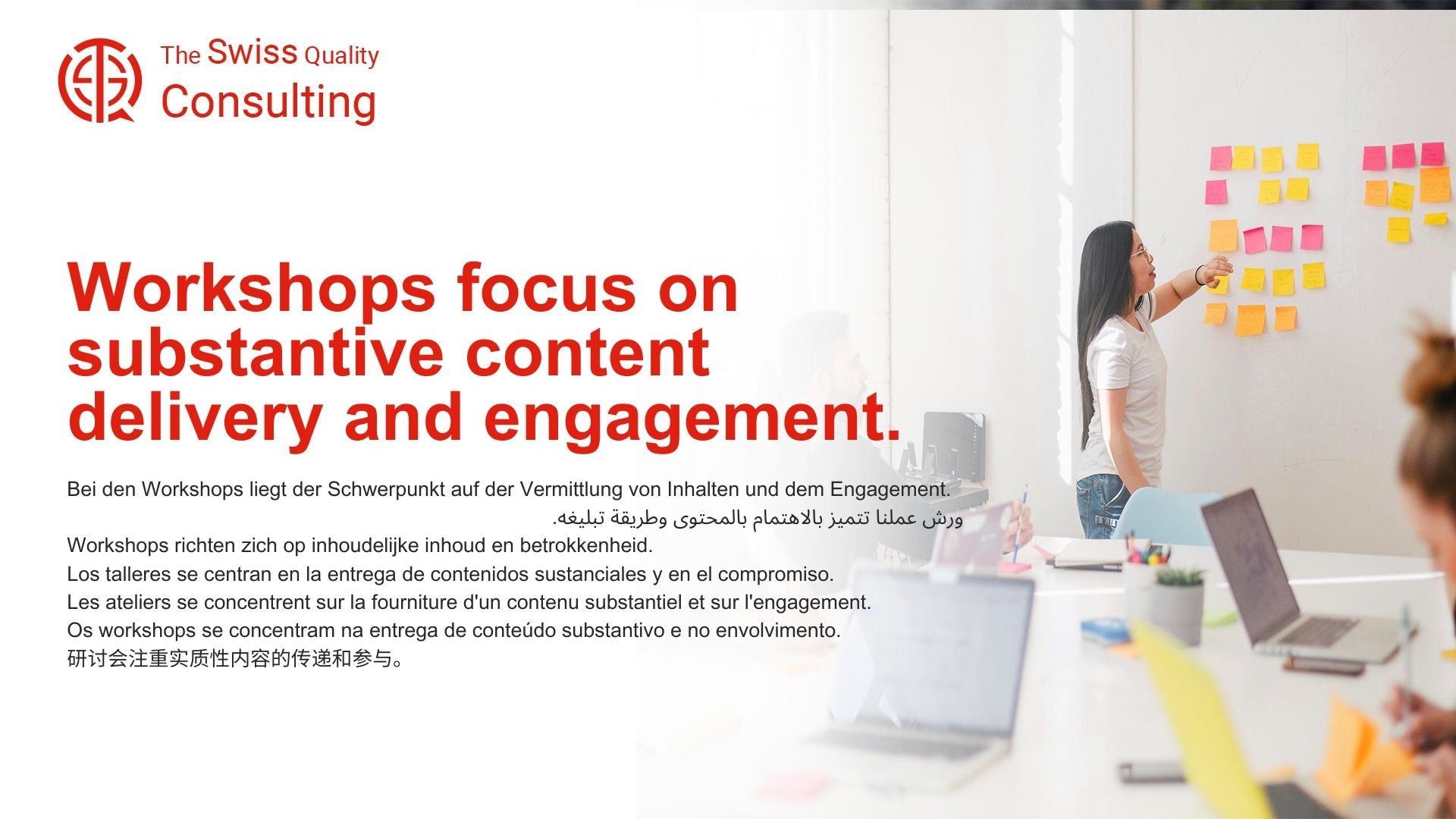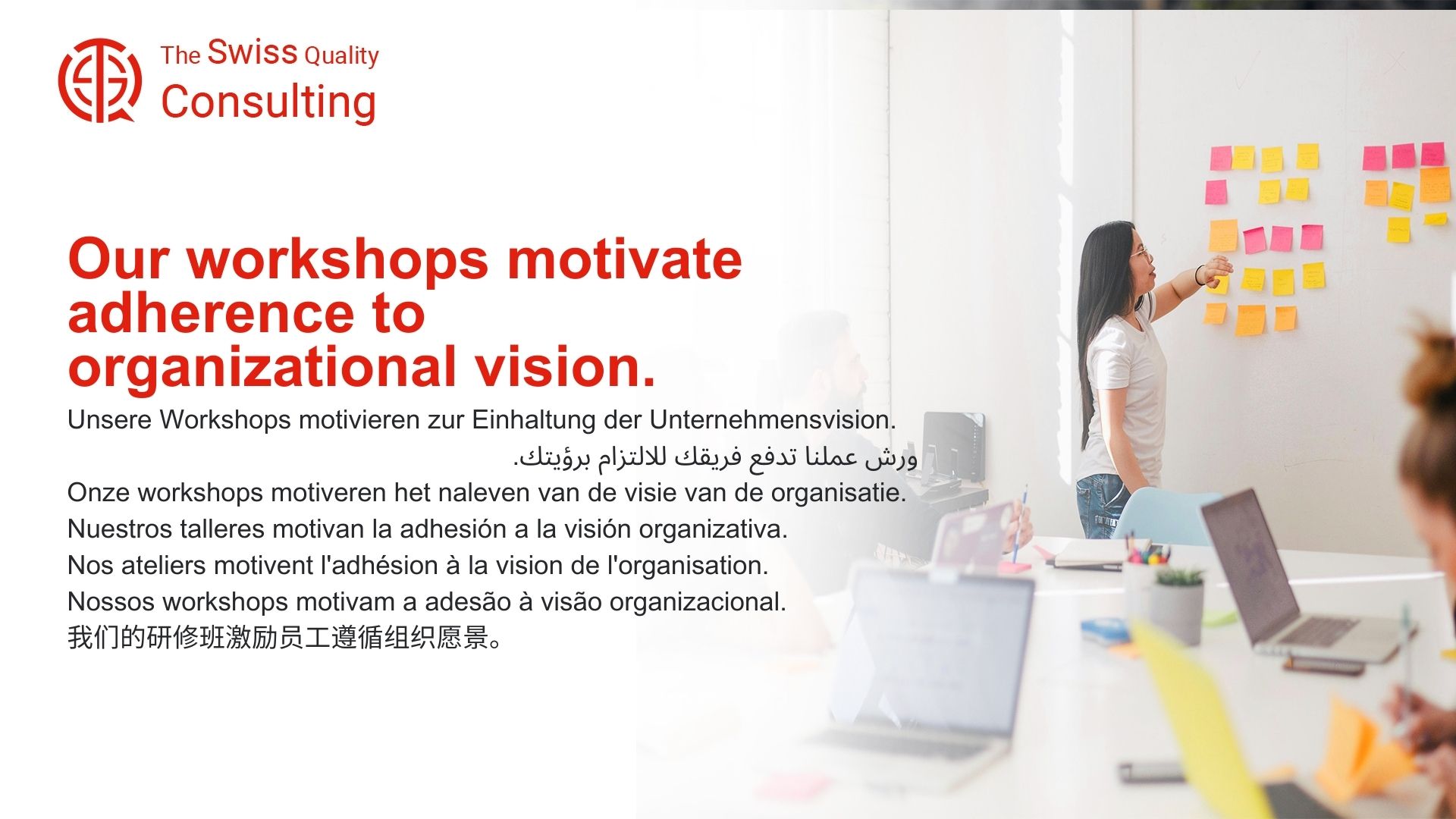Unlocking Business Potential by Connecting Data in Accounting, Sales, Purchasing, and Inventory
In today’s competitive business landscape, the integration of data across various departments like accounting, sales, purchasing, and inventory is crucial for operational efficiency and informed decision-making. This article aims to explore how connecting data across these key areas can drive business success and streamline operations.
The Importance of Integrated Data in Business Operations
Integrating data systems across accounting, sales, purchasing, and inventory offers a holistic view of business operations, enabling more strategic decision-making. This interconnected approach allows for real-time insights into financial performance, customer preferences, supply chain efficiency, and inventory management.
Role of Executive Coaching in Data Integration
Executive coaching services play a vital role in assisting leaders to understand and implement integrated data systems. Coaches provide guidance on leveraging these systems for better communication, strategic planning, and navigating the complexities of change management in a digitalized business environment.
Change Management in Data Integration
Change management strategies are essential when integrating data across departments. It involves preparing the workforce, establishing clear communication channels, and ensuring a smooth transition to new systems and processes. This also includes addressing the challenges and resistance that might arise during the implementation phase.
Generative AI in Data Integration
Generative Artificial Intelligence can significantly enhance the process of integrating data. AI technologies can analyze large data sets, identify patterns, and predict trends, providing valuable insights that can inform business strategies, improve customer relations, and optimize inventory management.
Project Management for Effective Integration
While technical expertise is undoubtedly critical for successful data integration, the true orchestrator behind a seamless journey is effective project management. It transcends mere technical prowess and encompasses a holistic approach to ensuring that:
1. Business Goals Remain the North Star: Effective project management keeps the integration process firmly anchored in business goals. This meticulous alignment ensures that every step of the integration serves a strategic purpose and contributes to the achievement of desired outcomes.
2. Timelines Become Pillars of Success: Project management establishes clear and realistic timelines that guide the integration process. Proactive planning, resource allocation, and risk mitigation ensure that milestones are met, deadlines are adhered to, and the project stays on track.
3. Quality Standards are the Cornerstone of Excellence: Effective project management implements robust quality control measures throughout the integration process. This includes meticulous data validation, rigorous testing procedures, and a commitment to delivering a system that meets the highest standards of accuracy, reliability, and performance.
4. Vigilant Monitoring Ensures Smooth Sailing: Effective project management involves constant monitoring of the integration process. This proactive approach allows for early identification of potential challenges, timely course corrections, and swift resolution of any issues that may arise, minimizing disruptions and safeguarding the project’s success.
5. Resourceful Management Optimizes Efficiency: Effective project management ensures efficient utilization of resources throughout the integration process. This includes careful planning, skilled allocation of personnel, and the adoption of appropriate tools and technologies to maximize productivity and minimize waste.
6. Minimizing Disruption for a Seamless Transition: Effective project management prioritizes minimizing disruptions to ongoing business operations. This involves strategic planning, clear communication, and a commitment to minimizing downtime and ensuring that the transition to the integrated system is as smooth and efficient as possible.
7. Adapting to Change with Agility: The digital landscape is constantly evolving, and effective project management recognizes this need for agility. It allows the integration process to adapt to unforeseen circumstances, embrace new technologies, and continuously strive for improvement, ensuring that the integrated system remains relevant and effective in the long run.
8. Fostering Collaboration for Shared Success: Effective project management promotes collaboration between all stakeholders involved in the data integration process. This collaborative approach encourages open communication, knowledge sharing, and a shared commitment to achieving project objectives.
9. Building a Culture of Data Governance: Effective project management lays the groundwork for a robust data governance culture. This includes establishing clear data ownership protocols, implementing data security measures, and fostering a responsible and ethical approach to data management.
10. Delivering Value Beyond Integration: Effective project management extends beyond the technical aspects of integration and focuses on delivering tangible value to the organization. This includes providing stakeholders with actionable insights, enabling data-driven decision-making, and ultimately contributing to the achievement of strategic goals and objectives.
By embracing the power of effective project management, data integration becomes more than a technical exercise; it becomes a strategic catalyst for achieving lasting success. By ensuring alignment, adhering to timelines, upholding quality standards, and fostering a collaborative environment, businesses can navigate the complexities of data integration with confidence, unlocking the full potential of their information resources and propelling their organizations towards a future fueled by insights and driven by data.
Conclusion Integrated Data in Business Operations
The strategy to “Connect data across accounting, sales, purchasing, and inventory” is more than just a technological upgrade; it is a transformative approach that can redefine how businesses operate. By embracing this integrated data approach, companies can achieve greater agility, improved accuracy in decision-making, and a competitive edge in today’s digital
#DataIntegration, #BusinessOperations, #AIinBusiness, #ChangeManagement























